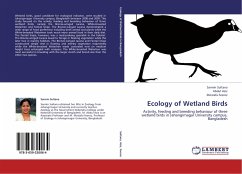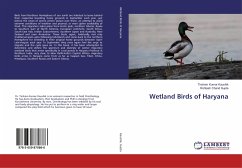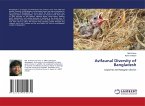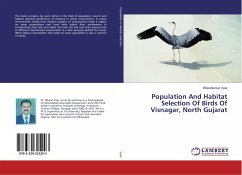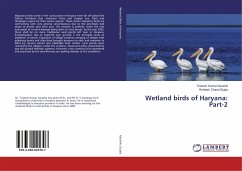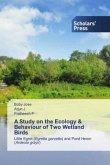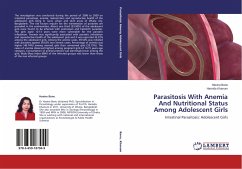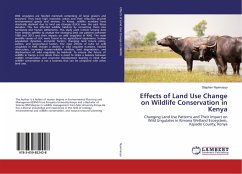Wetland birds, good candidate for ecological indicator, were studied in Jahangirnagar University campus, Bangladesh between 2008 and 2009. This study focused on the activity, feeding and breeding behaviour of three wetland birds, namely the Bronze-winged Jacana, White-breasted Waterhen and Fantail Snipe. The Bronze-winged Jacana demonstrated a wide range of food preference including both animal and plants while the White-breasted Waterhen took much more animal food in their daily diet. The Fantail Snipe, however, was a mud-probing specialist in the habitat. The Bronze-winged Jacana loved to forage in floating vegetation while the later two in marshy habitats. The Bronze-winged Jacana and Fantail Snipe constructed simple nest in floating and marshy vegetation respectively while the White-breasted Waterhen made concealed nest on medium height trees entangled with creepers. The White-breasted Waterhen was most successful in breeding with the larger clutch and brood size than the other two species.
Bitte wählen Sie Ihr Anliegen aus.
Rechnungen
Retourenschein anfordern
Bestellstatus
Storno

